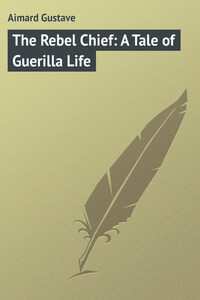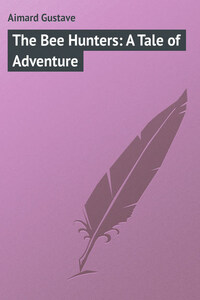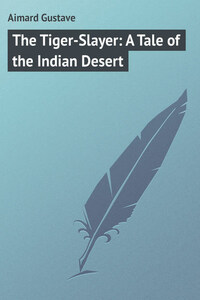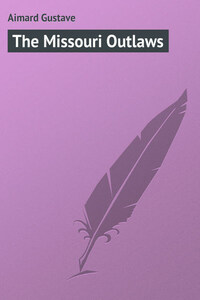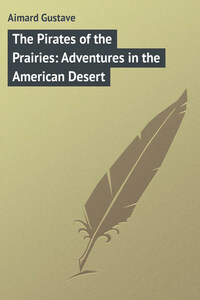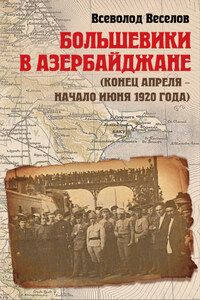No country in the world offers to the delighted traveller more charming landscapes than Mexico; among them all, that of Las Cumbres or the peak, is, without fear of contradiction, one of the most striking and most agreeably diversified.
Las Cumbres form a succession of defiles in the mountains, through which winds, with infinite meanderings, the road that runs to Puebla de los Ángeles (the town of the Angels), so called, because the angels, according to tradition, built the cathedral there. The road to which we allude, made by the Spaniards, runs along the side of the mountains with curves of extraordinary boldness, and is bordered on either side by an unbroken line of abrupt peaks, bathed in a bluish vapour at each turn of this road, which is, as it were, suspended over precipices clad with a luxurious vegetation. The scene changes, and grows more and more picturesque. The mountain peaks no longer rise behind one another, but gradually sink into the plain, while on the other hand, those left behind rise perpendicularly.
On July 2nd, 18 – , about four in the afternoon, at the moment when the sun, already low on the horizon, only shed its beams obliquely on the earth, calcined by the heat of the mediodía, and when the rising breeze was beginning to refresh the parching atmosphere, two horsemen, well mounted, emerged from a thick clump of yuccas, bananas, and purpled flowered bamboos, and turned into a dusty road, which led by a series of successive inclines to a valley in which a limpid stream ran through the verdure, and kept up its pleasant freshness.
The travellers, probably struck by the unexpected sight of the grand landscape which was so suddenly unfolded before them, stopped their horses, and after gazing for some minutes admiringly at the picturesque arrangement of the mountains, they dismounted, took off their horses' bridles, and sat down on the bank of the stream, with the evident intention of enjoying for a few minutes longer the effects of this admirable kaleidoscope, which is unique in the world.
Judging from the direction they were following, the travellers appeared to come from Orizaba, and to be going to Puebla de los Ángeles, whence they were at no great distance at the moment.
The two horsemen wore the attire of rich hacenderos, a costume which we have described too frequently to render a repetition necessary here: we will only mention one characteristic peculiarity rendered necessary by the slight degree of security on the roads at the time when our story takes place. Both were armed in a formidable manner, and carried with them a complete arsenal. In addition to the six-shot revolvers in their holsters, others were thrust through their belts. They carried in their hand a first-rate double barrel, turned out by Devismes, the celebrated Parisian gunsmith; and thus each was enabled to fire twenty-six rounds, without counting the machete, or straight sabre, hanging at their side, the triangular-bladed knife thrust into the right boot, and the lasso, or reata, coiled on the saddle, to which it was securely attached by a carefully riveted iron ring.
Certainly if men thus armed were endowed with a fair amount of courage, they might face without disadvantage even a considerable number of enemies. However, they did not seem to trouble themselves at all about the wild and solitary aspect of the spot where they were, and conversed gaily while half reclining on the green grass, and carelessly smoking their cigars – real Havana puros.
The elder of the riders was a man of from forty to forty-five years, though he did not seem more than six-and-thirty, above the middle height; he was elegantly, though powerfully built, his well knit limbs denoted great bodily strength, he had marked features, and an energetic and intelligent countenance; his black sparkling eyes, ever in motion, were soft, but at times emitted brilliant flashes, when they were animated, and they then gave his face a harsh and savage expression impossible to describe; he had a lofty and spacious forehead, and sensual lips; a beard black and tufted like that of an Ethiopian, and mixed with silvery threads – fell on his chest; a luxuriant head of hair, thrown back, covered his shoulders, and his bronzed complexion was of a brick colour. In short, judging from his appearance, he was one of those determined men who are invaluable in certain critical circumstances, because a friend runs no risk of being deserted by them. Although it was impossible to distinguish his nationality, his brusque, sharp gestures, and his quick imperative speech, seemed to give him a Southern origin.
His companion – who was much younger, for he did not appear above eight-and-twenty years of age – was tall, rather thin, and delicate looking, though not at all sickly; his elegant slim stature, and extremely small feet and hands, denoted high birth; his features were fine, his countenance pleasing and intelligent, and stamped with a great expression of gentleness; his blue eyes, light hair, and, above all, the whiteness of his complexion, caused him at once to be recognised as a European belonging to the temperate clime, recently landed in America.
